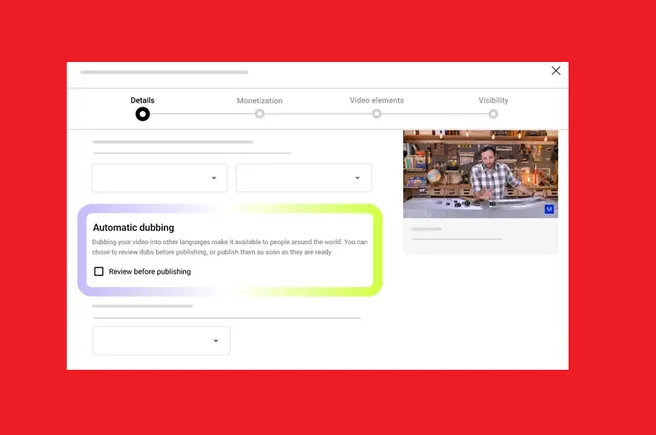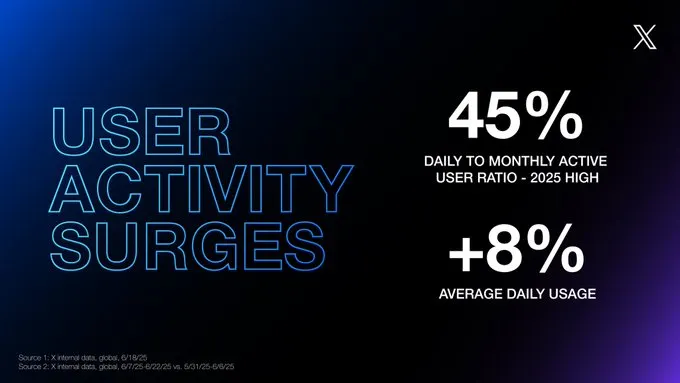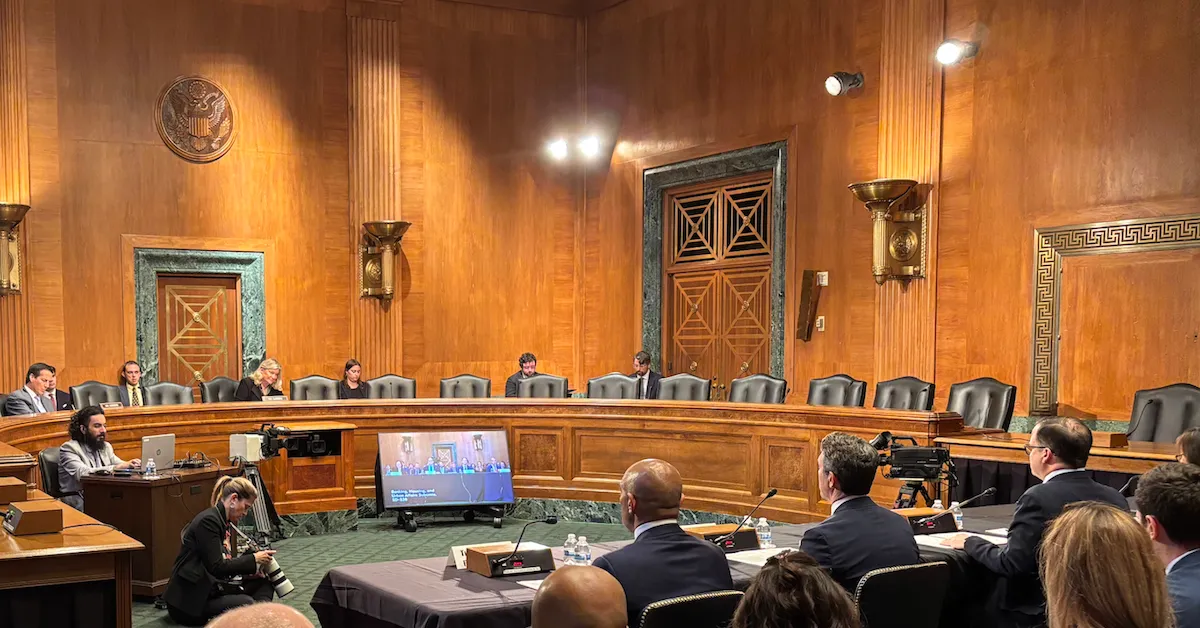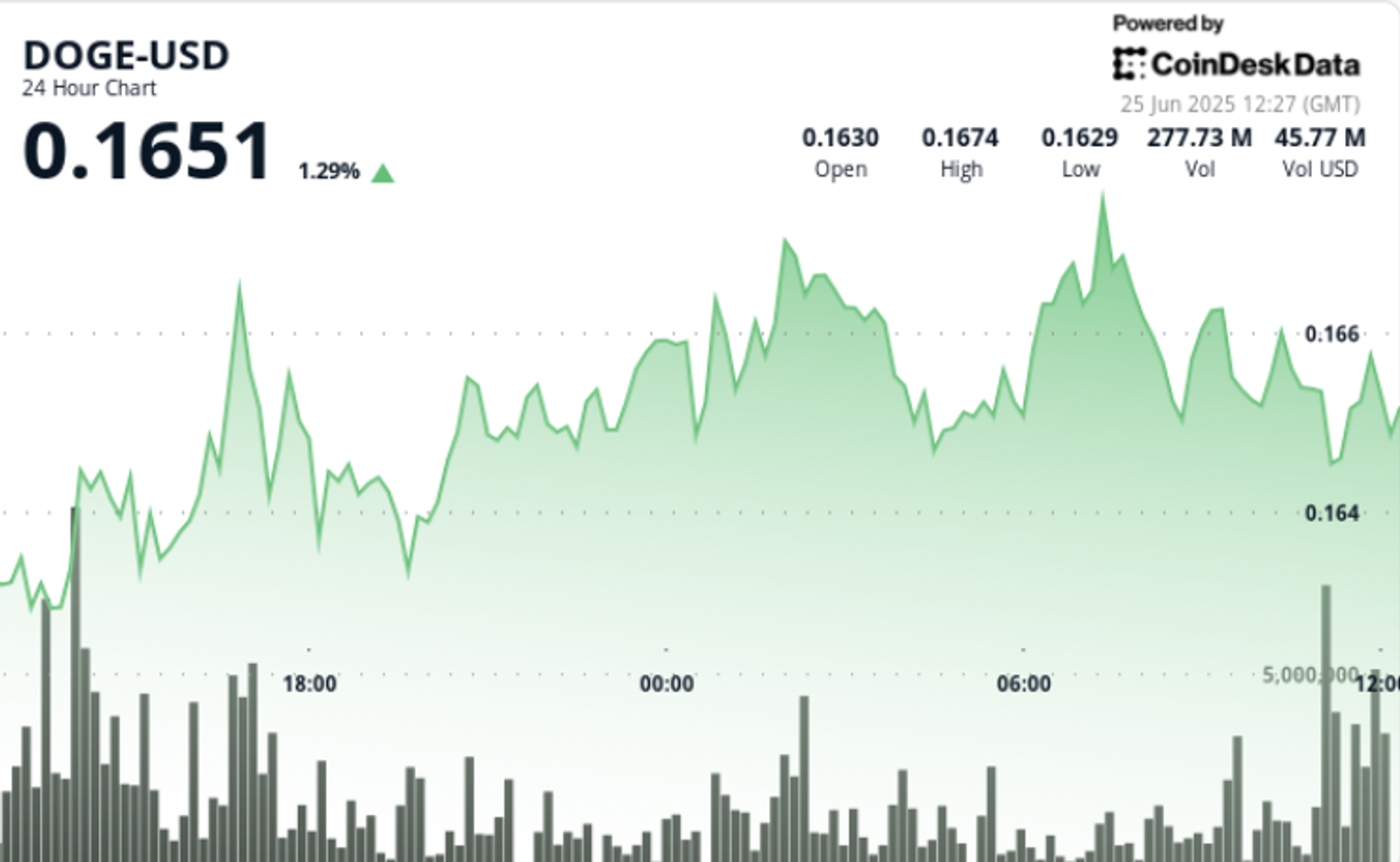Private equity promised an M&A boom this year—the world is still waiting
Tariff uncertainty has stifled any dramatic surge in deal-making, despite signs of life in May.

- Private equity firms are taking longer to return cash to investors and finding it more difficult to raise new funds. The industry could use a long-awaited surge in M&A, and there are signs of optimism when it comes to big money transactions.
Markets reeled in early March as President Donald Trump started his tariff barrage by targeting Canada and Mexico—foreshadowing what was to come on “Liberation Day” the following month. At a conference hosted by Bloomberg in downtown Manhattan, however, several private equity executives urged calm, assuring the audience the overall economic and regulatory outlook remained sunny.
After a sluggish few years for deals, Wall Street had eagerly awaited deregulation and lower taxes in the era of Trump 2.0 to unleash a banner year for M&A in 2025.
“This week, it may not feel as good,” Jonathan Gray, COO and president at private equity behemoth Blackstone, said on stage in March. “But I think when we finish the year, it’ll be a better year in terms of activity.”
His prediction may yet come true. So far, however, tariff uncertainty has stifled any dramatic surge in activity.
About 4,500 U.S. deals worth roughly $570 billion have been announced through May, in line with trends last year, according to a recent report from PwC. And while the M&A market is showing signs of life as it moves back toward pre-pandemic norms, the situation appears to be a far cry from 2021, when American firms had already entered 5,800 transactions valued at nearly $1 trillion in the first five months of the year.
Meanwhile, PE firms are finding it more difficult to raise new funds as they take longer to return capital to existing investors. At the end of the first quarter, fundraising had fallen 30% year-over-year to $462 billion, according to PitchBook.
Hilary Wiek, a senior strategist at PitchBook, blamed weak deal activity and “anemic” distributions to so-called limited partners, or PE investors commonly referred to as “LPs.” (Gray’s Blackstone, however, managed to lead the industry in Q1 by raising $21 billion for its ninth flagship fund, down slightly from the $26 billion committed to the fund’s predecessor).
That doesn’t mean the long-awaited M&A boom isn’t coming. In PwC’s May survey of nearly 700 CFOs and other executives, roughly half said they were in the early stages of deals, said Kevin Desai, the firm’s U.S. deals platform leader. Thirty percent of respondents said they had been forced to pause or revisit transactions due to tariff issues, he added.
“There’s just a level of indecisiveness [that’s] still quite high,” Desai, who has led PwC’s PE consulting arm, told Fortune. “But it’s not as though they don’t see the opportunity. It’s not as though they don’t see the need for it. There are just things that are getting in the way.”
Nearly 60% of the executives surveyed, he said, told PwC they were missing opportunities because they can’t make decisions fast enough.
“As economic and trade policies come into focus, we think there will be a tremendous amount of pickup here in volume,” Desai said.
There are signs of optimism when it comes to big-money transactions. In May, U.S. buyers announced more mega deals of $5 billion-plus than during any month over the past three years, PwC’s report noted. Blackstone is making the second biggest of those acquisitions with plans to buy TXNM Energy for $12 billion, per S&P Global Market Intelligence. The firm did not immediately respond to Fortune’s request for comment.
“Those who can withstand the uncertainty are starting to get busy,” Desai said, “and they’re doing really big things.”
Everybody else is waiting for the clouds of uncertainty to clear, he said.
Secondary sales could spur more PE exits
It appears as if that can’t happen soon enough for much of the private equity world. Fund managers are taking longer to generate the market-beating returns investors have paid for, and, as a result, LPs have less money to throw around.
The amount of time PE firms have held onto their assets—before hopefully flipping them for a profit—has climbed steadily since 2018. More than 30% of portfolio companies are now held for over five years or longer, and the median holding period of 3.5 years is the highest it’s been in at least a decade, according to PitchBook data cited by PwC.
Combined with higher interest rates, Desai explained, that means fund managers need to find higher earnings growth from their portfolio companies to generate adequate returns for investors.
Meanwhile, when it comes to new investments, tighter conditions force firms to pick their spots. For example, if a large multinational company makes a strategic move that fails to pay off within two years, it will likely survive. For a fund manager, however, it quickly becomes tough to make up for bad bets.
“I have to prolong my hold period, which means I have to create a disproportionate amount of growth,” Desai said.
One sign of this slowdown has been a surge in so-called secondary transactions, when LPs sell some of their private equity stakes—often at a discount. Notable institutional sellers include the endowments of elite universities like Harvard and Yale.
Desai said he sees the deals as a healthy sign investors are being realistic about the returns they can expect. Fund managers, he said, then might have the flexibility to start moving on from old portfolio companies, understanding the market is pricing in a hit to past expectations.
“I think that could actually unlock some of the sales that are packed up,” Desai said.
And then maybe the deluge of deals will finally arrive.
This story was originally featured on Fortune.com











![What Is a Markup Language? [+ 7 Examples]](https://static.semrush.com/blog/uploads/media/82/c8/82c85ebca40c95d539cf4b766c9b98f8/markup-language-sm.png)

























































































































































































